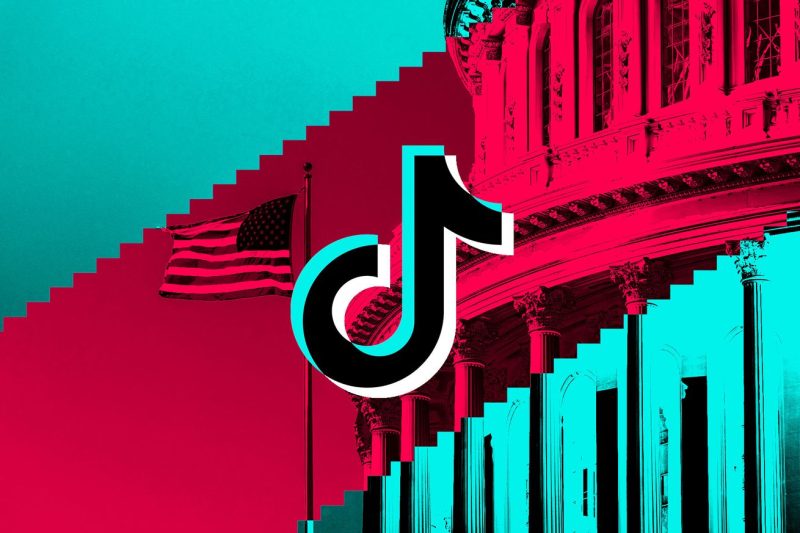In a fascinating turn of events, the popular social media platform TikTok has found itself embroiled in a legal battle that could have far-reaching implications for freedom of speech online. The case in question involves a user who claims that TikTok violated his First Amendment rights by removing his content from the platform.
At the heart of the matter is the tension between a private company’s right to moderate content on its platform and the constitutional right to freedom of speech. TikTok, like many other social media companies, has community guidelines that prohibit certain types of content, such as hate speech, harassment, and misinformation. While these guidelines are intended to create a safe and welcoming environment for users, they can also be used to silence dissenting voices and limit the free exchange of ideas.
The user who brought this case against TikTok argues that his content was removed not because it violated the platform’s guidelines, but because it expressed unpopular or controversial opinions. He believes that TikTok’s actions amount to censorship and a violation of his First Amendment rights.
On the other hand, TikTok maintains that it has the right to remove content that violates its guidelines, regardless of the user’s intentions or beliefs. The company argues that it has a responsibility to protect its users from harmful or offensive content, and that it must be allowed to moderate its platform in order to fulfill this obligation.
This case raises important questions about the role of social media companies in regulating online speech. While it is clear that platforms like TikTok have a duty to combat hate speech and misinformation, it is less clear where the line should be drawn between legitimate moderation and censorship. Should social media companies have the power to determine what constitutes acceptable speech, or should this be left to the courts to decide?
Ultimately, the outcome of this case could have significant implications for the future of online speech. If TikTok is found to have violated the user’s First Amendment rights, it could set a precedent for other social media companies to face similar legal challenges. On the other hand, if the court rules in favor of TikTok, it could embolden platforms to take a more aggressive approach to content moderation, potentially stifling free expression online.
As we await the resolution of this case, it is clear that the intersection of technology and free speech is a complex and evolving area of law. With social media playing an increasingly central role in public discourse, it is more important than ever to carefully consider the rights and responsibilities of both users and platforms in the digital age.
